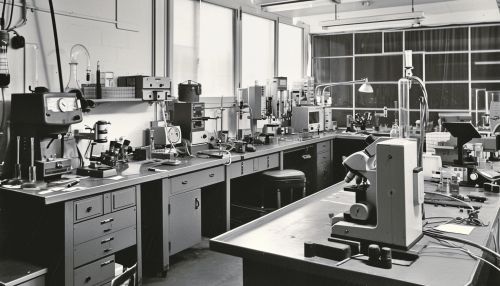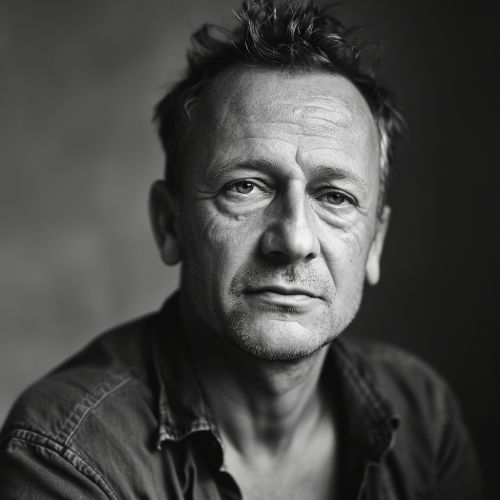Torsten Wiesel
Early Life and Education
Torsten Nils Wiesel was born on June 3, 1924, in Uppsala, Sweden. He was the youngest of five children. His father, Fritz S. Wiesel, was a psychiatrist and his mother, Anna-Lisa Bentzer, was a civic leader. Wiesel developed an interest in biology and natural sciences at a young age, and this interest was nurtured by his family and school teachers.
Wiesel attended the Karolinska Institute in Stockholm, where he received his medical degree in 1954. During his time at the Karolinska Institute, he worked in Carl Gustaf Bernhard's laboratory, a place that would have a profound impact on his future career. Bernhard introduced Wiesel to the world of neurophysiology, a field that would become the focus of his research.


Career and Research
After completing his medical degree, Wiesel moved to the United States to work at the Wilmer Eye Institute at Johns Hopkins University. There, he began a collaboration with David Hubel, which would last over two decades and lead to groundbreaking discoveries about the visual system.
In 1959, Wiesel and Hubel moved to Harvard Medical School, where they continued their research on the visual cortex. Using cats and monkeys as subjects, they conducted experiments that showed how individual cells in the visual cortex respond to specific features of visual stimuli, such as the orientation of lines and edges. This work led to the development of the concept of 'orientation selectivity', a fundamental principle in the field of visual neuroscience.
Wiesel and Hubel's research also revealed the existence of 'critical periods' in the development of the visual system. They found that if a young animal's visual input is deprived during a certain period, the animal's visual system will not develop normally, leading to permanent visual deficits. This discovery has had significant implications for the treatment of human visual disorders, such as amblyopia or 'lazy eye'.
Awards and Honors
In recognition of their pioneering work on the visual system, Wiesel and Hubel were awarded the Nobel Prize in Physiology or Medicine in 1981. They shared the prize with Roger W. Sperry, who was recognized for his research on the functional specialization of the cerebral hemispheres.
In addition to the Nobel Prize, Wiesel has received numerous other awards and honors. He was elected a member of the National Academy of Sciences in 1972 and a foreign member of the Royal Society of London in 1982. He has also received honorary degrees from several universities, including Yale University, the University of Gothenburg, and the University of Pavia.
Later Life and Legacy
After retiring from active research, Wiesel has remained active in the scientific community. He served as the president of the Rockefeller University from 1991 to 1998, and he has been a strong advocate for human rights, particularly the rights of scientists. He has also been involved in efforts to promote science education and the public understanding of science.
Wiesel's research has had a profound impact on our understanding of the visual system and the brain. His work has not only advanced the field of neuroscience, but it has also had important implications for the treatment of visual disorders and the development of artificial vision systems.


